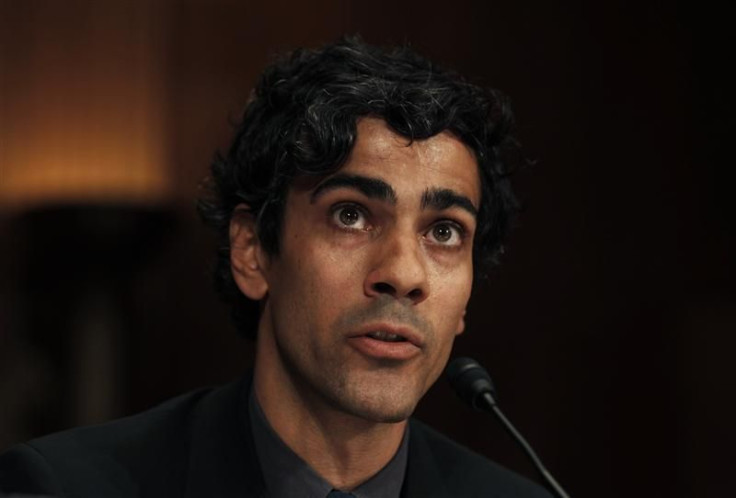Yelp To Display Restaurant Health Scores In San Francisco And New York

Yelp is launching a program to let consumers see their favorite restaurants’ health scores.
Yelp CEO Jeremy Stoppleman explained the site’s Local Inspector Value-Entry Specification (LIVES) program in a blog post that went live early Thursday morning. Starting immediately, Yelp users in San Francisco and New York City will be able to see not only reviews, operating hours, and transit directions for restaraunts in their cities, but also the health scores of those restaurants.
Stoppleman says it’s all part of a plan to make Yelp a more convenient and powerful tool for users to choose their purchases.
“While ratings and reviews are incredibly powerful ways to guide spending decisions, we're always looking for new ways to supplement the information to provide a better experience for consumers,” he said.
The system is already live, and Yelp users can see the health scores of a handful of restaurants on the site. And perhaps most impressively, with the LIVES system, not only can users see a restaurant’s health score, but they can also see its past scores and violations.
For instance, Royal Ground Coffee in San Francisco is listed with a health score of 96. Clicking on that score leads to a page listing the coffee shop’s last several health inspections and violations, including a February 2012 citation reading “food contact surfaces not cleaned/sanitized.” That’s a lot of knowledge right at your fingertips.
LIVES was developed as a partnership with the governments of San Francisco and New York to become a new standard in sharing health information for restaurants worldwide. The project is still in its infancy, but Yelp hopes to develop the platform further.
Currently, health score information is available only for a handful of restaurants based in New York City and San Francisco, but Yelp has announced plans to incorporate data from Philadelphia, Boston, and Chicago in the near future. Functionality in other cities should be rolling out after that.
Stoppleman admits that the LIVES project may not do much for Yelp’s financial standing, but hopes it will be a step toward bettering communities through technology.
“Public/private partnerships like this don't necessarily provide a direct contribution to Yelp’s bottom line, but evidence suggests the LIVES open data standard will have a positive impact on society,” Stoppleman wrote.
In the blog post, Stoppelman also points to a Los Angeles study showing that when consumers have better access to restaurant hygiene scores, the frequency of foodborne illness drops dramatically. The study also states that when restaurants are forced to place their scores in visible locations, they also take greater care to improve said scores.
© Copyright IBTimes 2025. All rights reserved.






















